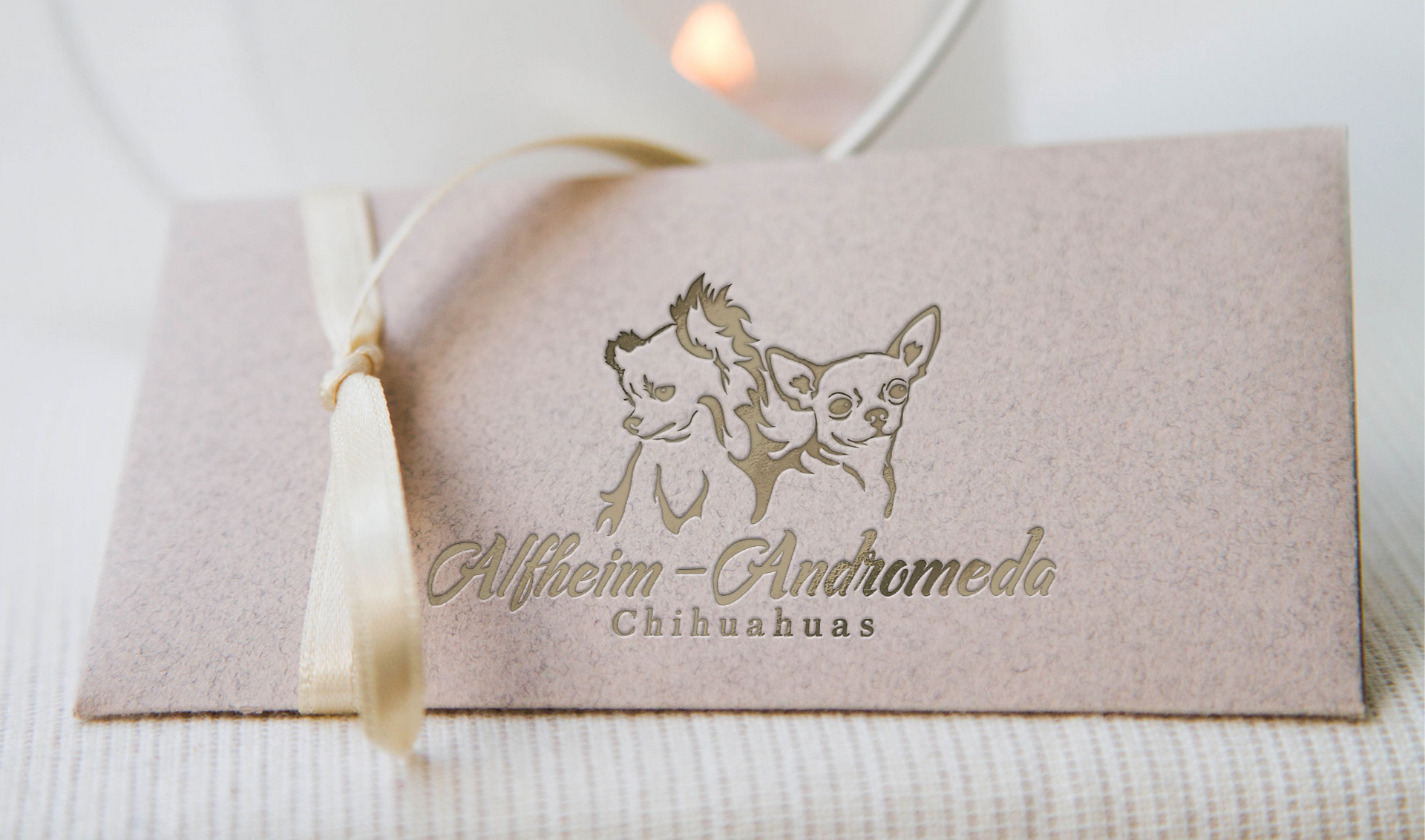Hypoglycemia in Chihuahuas: Understanding and Preventing Low Blood Sugar

Chihuahuas, with their tiny frames and energetic personalities, capture our hearts with their spirited charm. However, one health concern that commonly affects these pint-sized canines is hypoglycemia, or low blood sugar. In this blog post, we will explore what hypoglycemia is, its causes, symptoms, and most importantly, how to prevent this condition in Chihuahuas.
Understanding Hypoglycemia:
Hypoglycemia refers to a condition characterized by an abnormally low level of glucose (sugar) in the blood. Glucose serves as the primary source of energy for the body's cells, including the brain. When blood sugar levels drop significantly, it can lead to various symptoms and, if left untreated, potentially become life-threatening.
Causes of Hypoglycemia in Chihuahuas:
Insufficient food intake: Chihuahuas have high metabolic rates, and their small size means they have limited energy reserves. Skipping meals, inadequate feeding schedules, or not consuming enough food can result in low blood sugar levels.
Stress and anxiety: Chihuahuas are known for being sensitive dogs, and stress or anxiety can trigger a decrease in blood sugar. This can occur during times of travel, changes in routine, or exposure to new environments.
Intense physical activity: Excessive exercise or play sessions without proper rest and nourishment can deplete a Chihuahua's energy stores, leading to hypoglycemia.
Health conditions: Certain medical conditions, such as liver disease, hormonal imbalances, or pancreatic disorders, can disrupt glucose regulation and contribute to hypoglycemia.
Recognizing Hypoglycemia Symptoms:
It is crucial for Chihuahua owners to be aware of the signs of hypoglycemia, as early detection and prompt intervention are key to preventing complications. Common symptoms of hypoglycemia in Chihuahuas include:
Lethargy and weakness
Trembling or shivering
Disorientation or confusion
Lack of coordination
Seizures or fainting
Loss of appetite
Pale gums
Excessive salivation
Preventing Hypoglycemia in Chihuahuas:
Fortunately, there are several steps you can take to prevent hypoglycemia and ensure your Chihuahua's well-being:
Regular and balanced meals: Establish a consistent feeding schedule, offering small, frequent meals throughout the day. High-quality dog food specifically formulated for small breeds is recommended.
Nutritious snacks: Provide healthy snacks between meals to maintain stable blood sugar levels. Suitable options include small pieces of lean meat, boiled eggs, or veterinarian-approved dog treats.
Avoidance of stress: Minimize stress and anxiety-inducing situations as much as possible. Provide a calm and secure environment for your Chihuahua, especially during periods of change or when introducing them to new experiences.
Adequate rest and recovery: Ensure that your Chihuahua gets enough rest between play sessions or exercise bouts. Avoid overexertion, especially during hot weather, as excessive heat can contribute to hypoglycemia.
Regular veterinary check-ups: Schedule routine check-ups with your veterinarian to monitor your Chihuahua's overall health and address any potential underlying conditions that may contribute to hypoglycemia.
Emergency preparedness: Familiarize yourself with the signs of hypoglycemia and keep a readily available emergency kit that includes a high-calorie paste or gel recommended by your veterinarian for quick administration in case of a hypoglycemic episode.
Conclusion:
Hypoglycemia can pose a serious threat to the well-being of Chihuahuas, but with proper awareness and preventative measures, it can be effectively managed. By ensuring a balanced diet, reducing stress, and maintaining a consistent routine, Chihuahua owners can help their beloved pets avoid the potential complications associated with low blood sugar.
Remember, if you suspect your Chihuahua is experiencing hypoglycemia or any other health concerns, consult with your veterinarian for proper diagnosis and guidance. With your love and care, your Chihuahua can lead a happy, healthy, and energized life for years to come.


![04[5287]_edited.png](https://static.wixstatic.com/media/19bc06_e20664f6f34a40a38ce600e39e177c3c~mv2.png/v1/fill/w_980,h_578,al_c,q_90,usm_0.66_1.00_0.01,enc_avif,quality_auto/19bc06_e20664f6f34a40a38ce600e39e177c3c~mv2.png)























